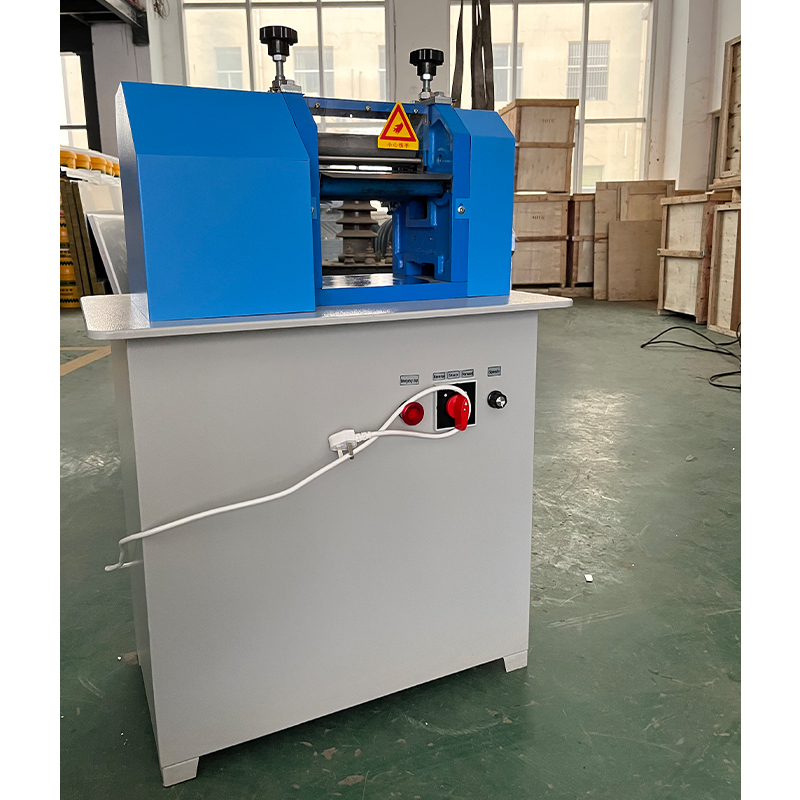winding and torsion testing machine
Winding and Torsion Testing Machine An Overview
In the realm of materials testing and quality assurance, the Winding and Torsion Testing Machine plays a pivotal role in assessing the mechanical properties of various materials, particularly those used in the manufacturing of complex structures. These machines are designed to simulate the stresses and strains that materials may encounter in real-life applications, ensuring that they can withstand rigorous use.
The Importance of Testing
In industries such as aerospace, automotive, and construction, the integrity of materials is crucial. Components are often subjected to various forces, including twisting and bending. The Winding and Torsion Testing Machine is specifically tailored to evaluate a material's behavior under torsional and winding stresses. By applying controlled loads, these machines can determine how materials deform, yield, or fail when subjected to torque.
Key Features of Winding and Torsion Testing Machines
1. Precision Control Modern testing machines come equipped with sophisticated control systems that allow for precise manipulation of load application. This enables researchers and engineers to replicate specific conditions and gather accurate data.
2. Data Acquisition Systems Advanced data logging and analysis systems are integrated into these machines, providing real-time feedback during testing. This allows for comprehensive analysis of the material's performance, including its elastic and plastic deformation behaviors.
winding and torsion testing machine

3. Versatile Testing Options These machines are not limited to a single type of test. They can conduct a variety of tests, including static and dynamic torsion tests, which are essential for understanding how materials behave over extended periods under constant stress.
4. User-Friendly Interfaces Modern machines are designed with user-friendly interfaces that allow operators to easily set parameters, monitor tests, and analyze the results. This accessibility promotes a more efficient testing process.
Applications of Winding and Torsion Testing
The applications of these testing machines span multiple fields. In aerospace, for instance, components like turbine blades and fuselage materials undergo rigorous torsion testing to ensure their reliability during flight. In the automotive sector, parts such as drive shafts and suspension systems must also endure testing to prevent catastrophic failures.
Moreover, the construction industry utilizes these machines to assess materials like steel and composites, ensuring that they can withstand the loads they will encounter in architectural applications.
Conclusion
The Winding and Torsion Testing Machine is an indispensable tool in the field of materials science and engineering, providing insights into material performance that are critical for the safety and efficacy of numerous applications. As technology advances, these machines continue to evolve, incorporating more sophisticated features to enhance testing accuracy and efficiency. The pursuit of quality and reliability in material properties is essential, and the role of efficient testing mechanisms like the Winding and Torsion Testing Machine cannot be overstated. With ongoing developments and innovations, we can expect even greater capabilities in the testing of materials in the future, supporting the ever-growing demands of modern engineering and manufacturing.
-
Why the Conductor Resistance Constant Temperature Measurement Machine Redefines Precision
NewsJun.20,2025
-
Reliable Testing Starts Here: Why the High Insulation Resistance Measuring Instrument Is a Must-Have
NewsJun.20,2025
-
Flexible Cable Flexing Test Equipment: The Precision Standard for Cable Durability and Performance Testing
NewsJun.20,2025
-
Digital Measurement Projector: Precision Visualization for Modern Manufacturing
NewsJun.20,2025
-
Computer Control Electronic Tensile Tester: Precision and Power for the Modern Metal Industry
NewsJun.20,2025
-
Cable Spark Tester: Your Ultimate Insulation Assurance for Wire and Cable Testing
NewsJun.20,2025
 Copyright © 2025 Hebei Fangyuan Instrument & Equipment Co.,Ltd. All Rights Reserved. Sitemap | Privacy Policy
Copyright © 2025 Hebei Fangyuan Instrument & Equipment Co.,Ltd. All Rights Reserved. Sitemap | Privacy Policy
